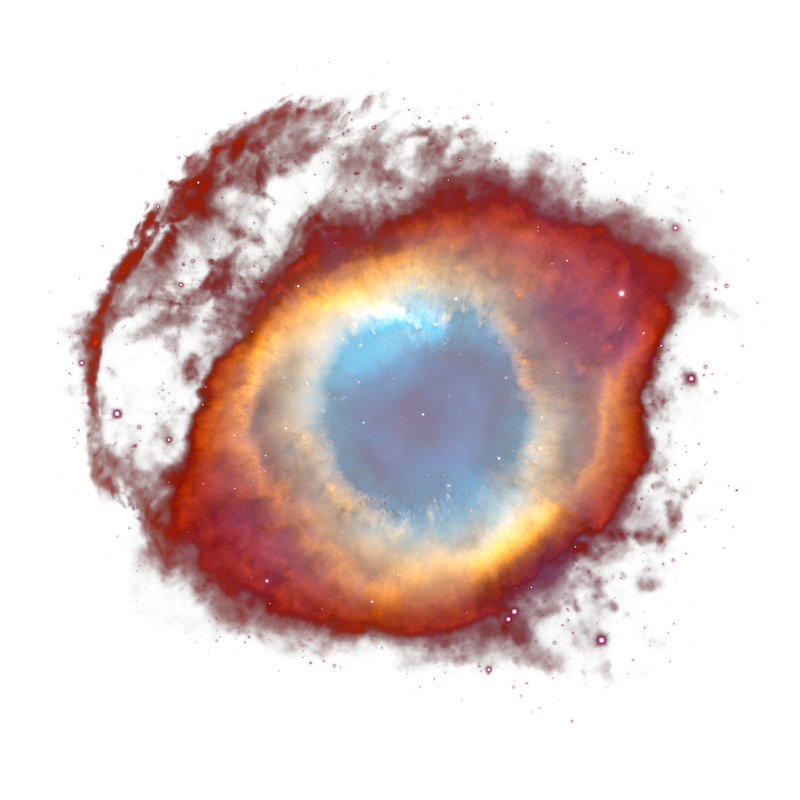“Naked” is a rather unfortunate term to use to convey the meaning of “away from any nearby matter” in this context. For a moment, I thought they were talking about a naked singularity, and went ‘wait, WHAT?!’.
that’s like the difference between gravity waves and gravitational waves.
one is a crazy mind blowing science fiction thing, the other is like, surprisingly conventional
Wait, what are gravity waves? And how does a black hole form without an event horizon?
gravitational waves are those cool waves in space-time.
gravitational waves are just waves that spread using gravity, like the waves at the beach.
naked singularity are something that exist basically in fiction.

TIL beach waves are gravity waves.
I’m sorry to ask again, I have read the wikipedia article on naked singularity before asking the first time, but it reads as if it was written by physicists for physicists. But it is a theoretical possibility, right?
I (think i) know the size of a black hole’s event horizon depends on its mass and angular speed. But the size of the object itself would be essentially zero, as the infinite density would imply. So a naked singularity would have to have no spin, no mass, and infinite density? That makes it clearly not theoretically possible, so my understanding of black holes is fundamentally flawed. But where?
It’s kind of like string theory. Very technical, could theoretically happen, definitely proposed by experts, but currently no way to test or observe to prove it one way or another. So, could be true, or could be a wild idea that isn’t actually real.
not a physicist, so can’t get into it. just think that it’s funny how such similar terms refer to a normal mundane thing and mind-blowing crazy stuff.
making them easy to confuse
Think of it as a scientific “what if” scenario. While there is, to the best of my limited knowledge, no reason to think such a thing is real - or even that it can be real - there’s still much value in imagining it to be and proceeding accordingly. Having done so, one can then ask questions like “if it were real, what would the consequences be” (which can lead to theoretical insights that can later prove applicable to more practical things) or “what would we expect to see if observing such a thing” (which yields falsifiable tests, so we can go hunt in the data for instances of it). Another example of this sort of thing is the concept of a magnetic monopole.
Sometimes, these things prove to be potentially directly realizable (if not easily). One example of this is the Alcubierre drive. Initially, the concept was more or less discarded. Not because theory proved it unworkable, but because the required energy to achieve any significant effects was ludicrously impractical (mass/energy equivalent of Jupiter levels of impractical). Later developments drastically reduced the energy requirements to merely insane :)
It all just goes to show that we won’t know what advances future developments might yield unless we try. Imagination is a wonderful thing.
I had the same thought. They should have called it a “lonely black hole” or similar.
I was struggling to come up with something better that maintained brevity. “Lonely” works nicely. Kudos!
Quanta is a science rag. Is there an actual source about this?
Single naked black holes in my area?
I do research on dark matter, and one of the more interesting possibilities I have heard is that these black holes could in theory be formed by directly collapsing dark matter!
There’s and increasing amount of attention being spent investigating a slight modification to the standard Lambda cold dark matter cosmology, by allowing dark matter to have a little bit of self-interactions. These can then allow part of a larger dark matter halo to directly collapse into a black hole.
I thought the idea behind primordial black holes was that they were what constituted the missing mass of dark matter?
It’s possible primordial black holes could be dark matter, but there’s only a certain mass range allowed, roughly around the mass of an asteroid, for example.
But somewhat confusingly, these would be poor candidates to seed these massive black holes.
Could there be a cycle of big bangs to big crunches, with a critical mass for a black hole causing it to explode/bang? During crunch phase localized black holes would form and possibly consolidate, and then instead of big bang being the entire mass of the universe, it can be most of the mass in the universe?
I think OP is saying this is very old because there is no mass around it for it to “feed” anymore. It would seem more probable for it to predate big bang rather than form soon after it.
Oh yeah, baby, take it all off!
deleted by creator
Anyone with a full brain knows that putting scientific phrasing into layman’s conversation conveys a much dumber message than is intended. “scientists assume…” yes because without making assumptions, they’ll never calculate anything. Assumptions get tweaked as evidence is presented. “Scientists can’t explain why…” scientists do not have a foolproof explanation. They have theories that are likely and make sense, bit nobody knows for absolutely certain that it’s true and extremely accurate. “Historians don’t know what happened…” because they weren’t there, but they probably have some good ideas.
deleted by creator





